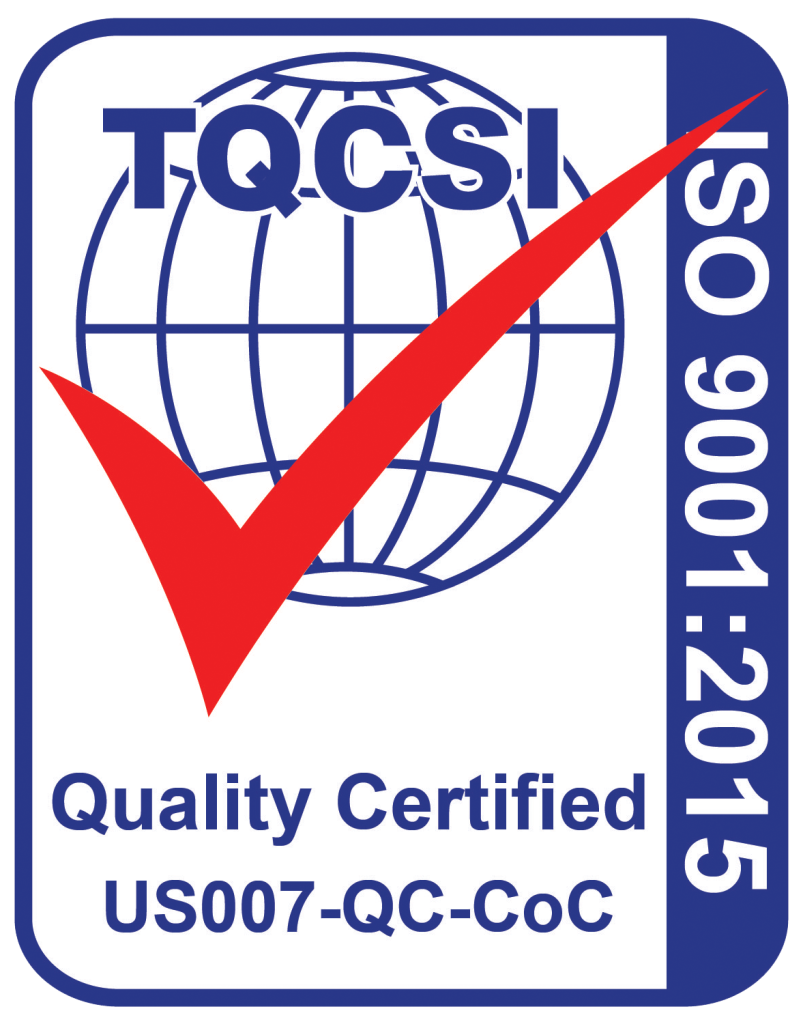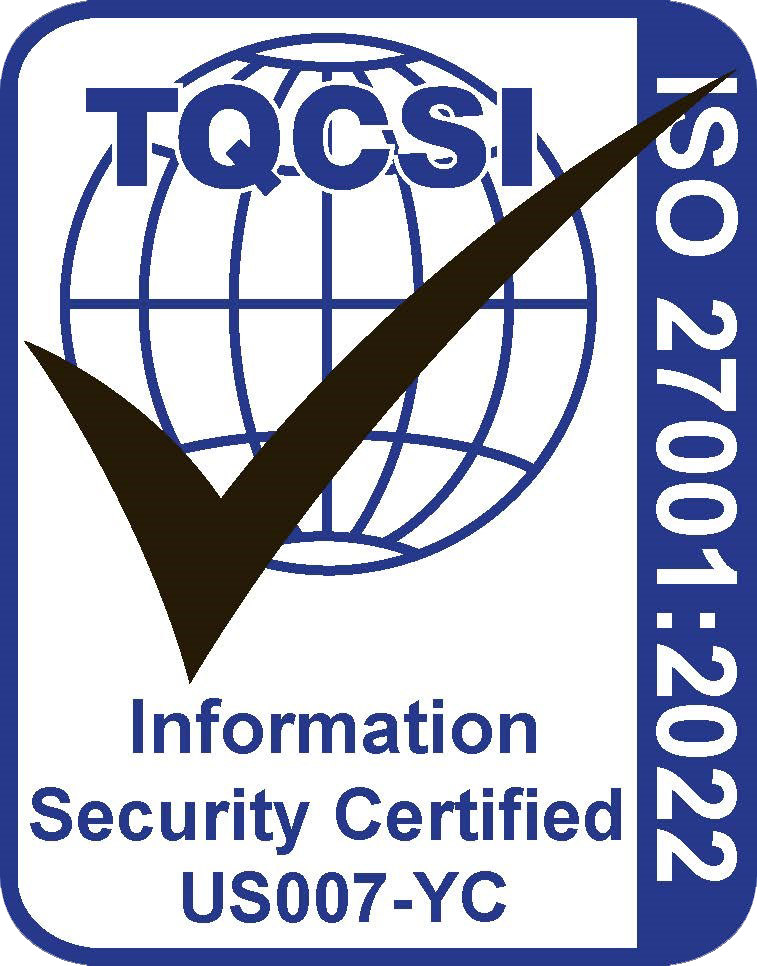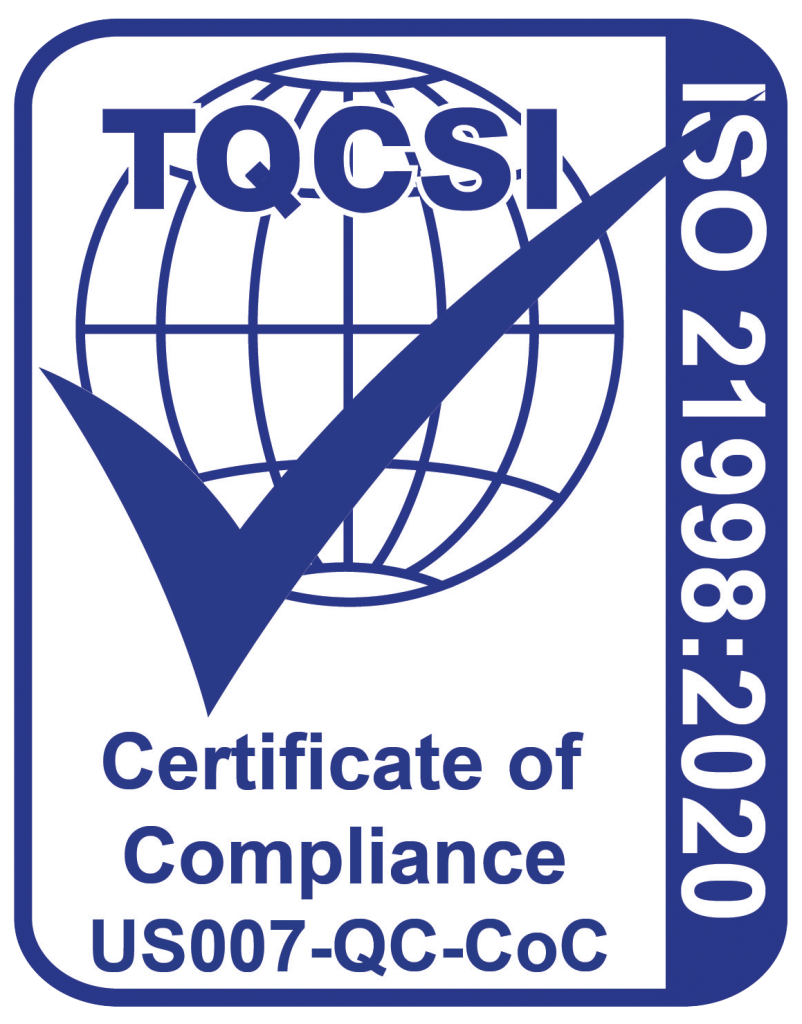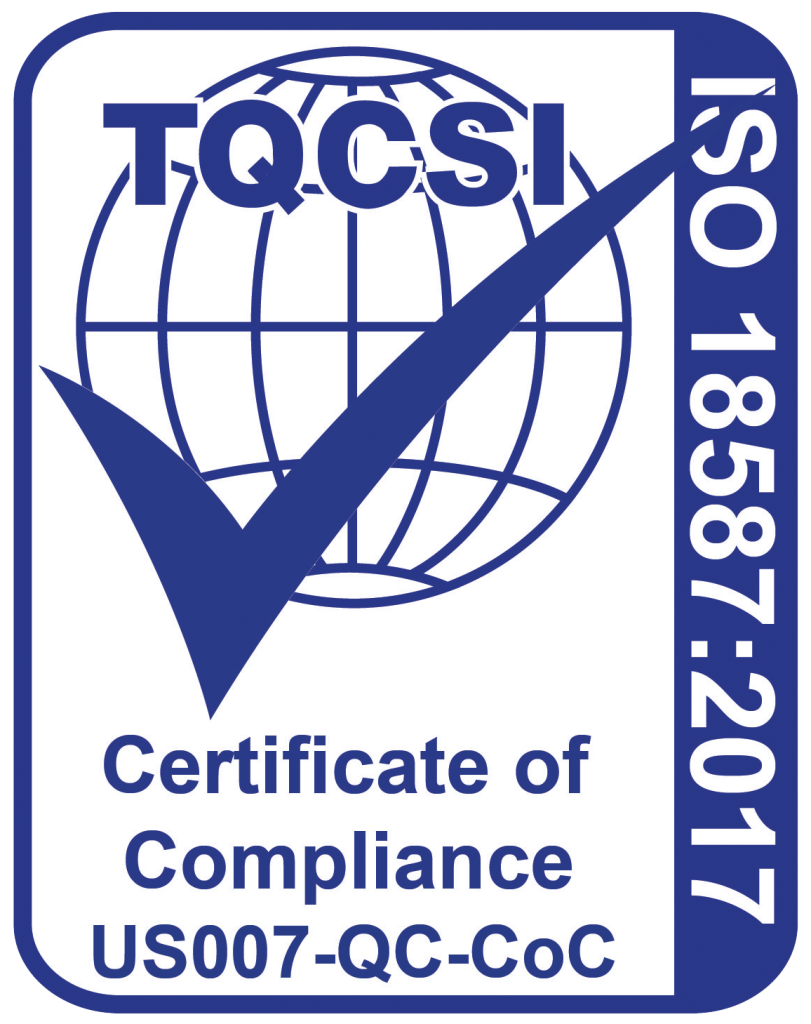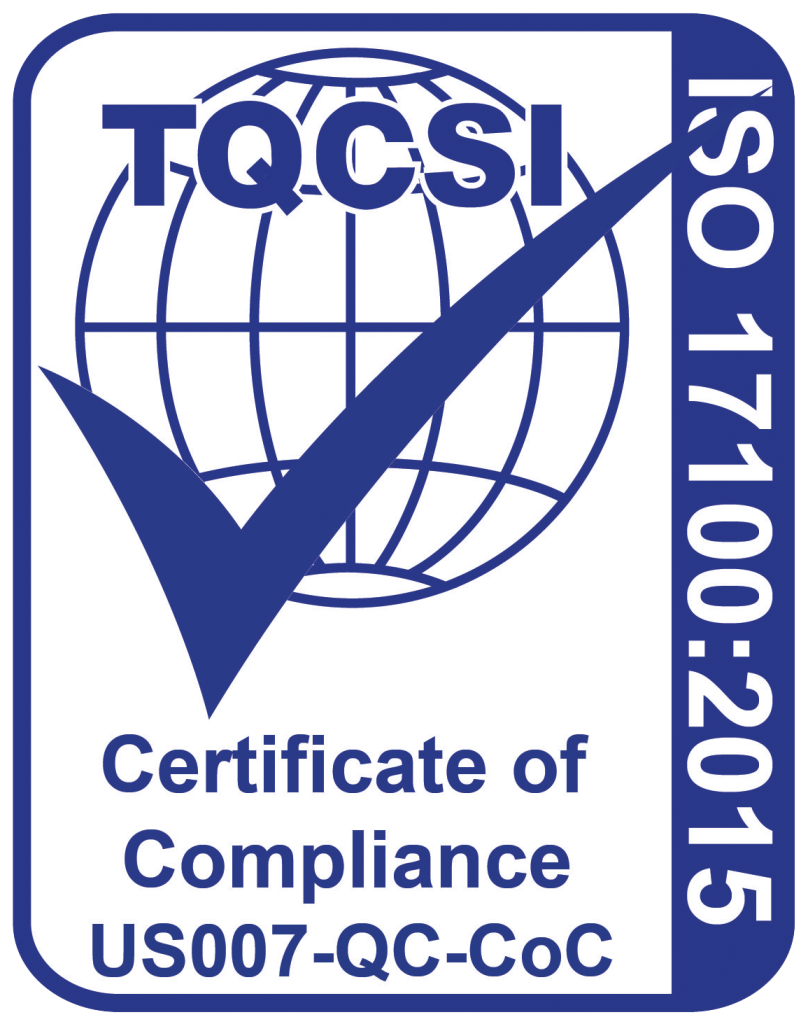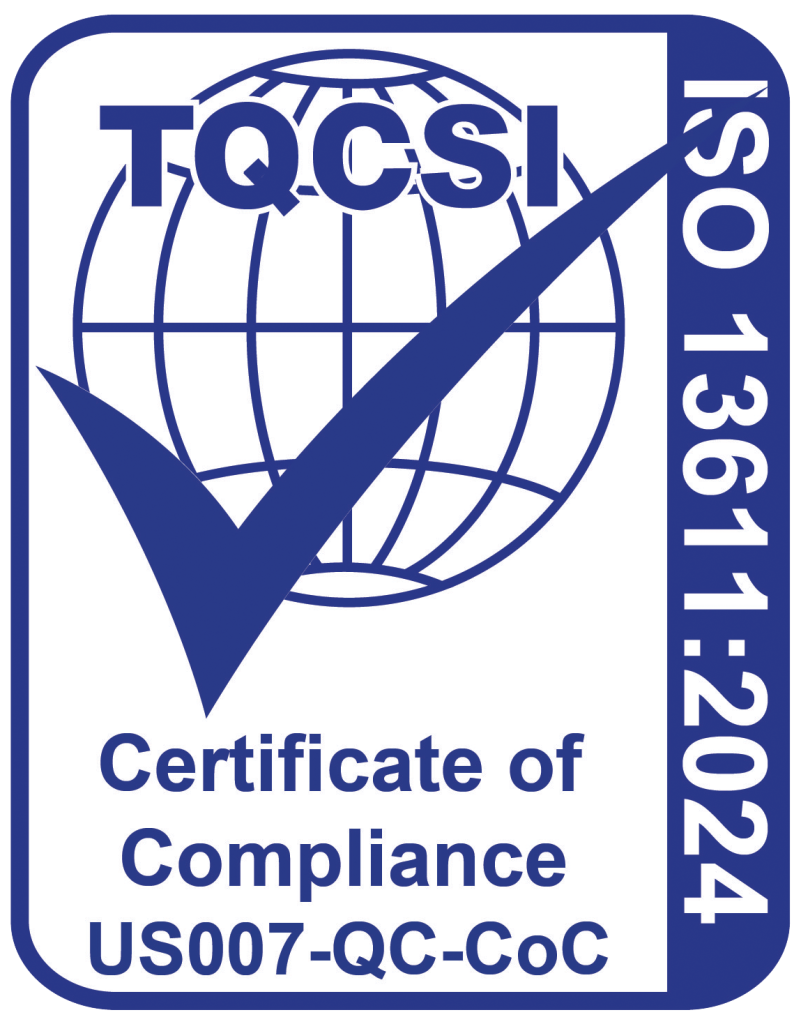After participating in a 2020 Multilingual Summer Series panel discussion, in 2021 MasterWord’s CEO Ludmila Golovine took her participation further and hosted one of the 2021 season’s panels on September 2, 2021. The topic was close to her heart, as she said, “Let’s Talk About Vicarious Trauma and Language Professionals.”
Ludmila “Mila” Golovine has tirelessly promoted health and wellness to those affected by stress and vicarious trauma. Golovine and MasterWord are committed to providing trauma-informed services and have launched training and tools for language professionals as well as trauma-informed providers who work with language professionals, to foster a partnership that creates an environment conducive to healing and avoids re-traumatization of victims and survivors.[1]
The panel comprised diverse representatives from interpretation. Natalia Abarca facilitates, leads, and manages the Orange County Department of Education (OCDE) Multilingual Consortium, a professional network established to support high-quality translation and interpreting services in schools. Carla Fogaren is a nurse and hospital manager, currently Executive System Director of Diversity, Equity & Inclusion at Steward Health Care. Andrea Henry is a full-time interpreter and the principal investigator for grant-funded research on measuring interpreter mental fatigue at Children’s Healthcare of Atlanta. Judy Jenner is a Spanish and German business and legal translator and federally court-certified Spanish interpreter and conference interpreter in Las Vegas.
The discussion began powerfully, as each panelist was asked to say what vicarious trauma meant to them and whether they had experienced stress or been emotionally affected by the assignments or work they do.
From imagining that your child has just received the same terminal diagnosis that you just told parents about, to nightmares about being part of drug deals gone wrong, to being routinely exposed to the effects of child abuse or neglect and even to gruesome physical scenarios, the panel’s personal stories were a strong wake-up call. This introduction showed vividly that vicarious trauma can result from hearing people’s trauma stories and becoming witnesses to the pain, fear and terror that trauma survivors have endured.
One of the key takeaways from this first segment was that the more relatable an interpreting job, the more likely the linguist is to suffer from consequences. Ms. Fogaren pointed out that the effects of the pandemic were relatable for everyone, so that her answer to the question on our experiences might have been different two years ago. Having set the scene, the panel next explored whether their field had any mechanisms to recognize or assist with this trauma.
Vicarious trauma is known to be a challenge for people working and volunteering in emergency and social services, and many of those fields have methods that should be expanded to routinely include the interpreters they work with. For instance, managers in hospital systems should be checking in with not just nurses and doctors, but also all their interpreters. Court interpreters have no global methods, put simply, and educational interpreters have wildly varying scenarios.
The group talked about mitigation, where methods mentioned ranged from individual self-care techniques (Take a 10-mile run or watch lightweight television) to peer support, to structural, organizational opportunities like having quiet rooms where chocolate, aromatherapy and massage chairs are available and one-on-one, closed-door debriefs after difficult jobs. The topic of debriefs highlighted a major issue. Guidelines in Codes of Ethics for legal and medical interpreting are stringent. Interpreters appear to have the impression through the overall teaching of Codes of Ethics that they feel they cannot share anything, ever.
The panel expressed complete support for Codes of Ethics and professionalization and in the case of legal, the associated legitimacy, but noted that the human and mental health aspects of being an interpreter have often been forgotten along the way. The consensus was that interpreters should feel able to talk about what they experience in the abstract, and perhaps to review some of the most stringent areas of code to consider this need for debriefs or a supervision model.
Ms. Henry spoke about the mental fatigue tool developed and validated at Children’s Healthcare of Atlanta. It is called the “Complexity and Fatigue in Interpreted Encounters” (CFIE) tool, of which a significant portion measures vicarious trauma. There are validated tools that measure burnout. However, the CFIE is not a cumulative measurement tool; it does not assess the build-up of mental fatigue or burnout over time. Instead, the CFIE measures interpreter mental fatigue in the encounter.
The disparity between the fields of interpreting practice regarding openness and discussion about the topic was highlighted by many of the points made in the 90-minute discussion. One of the group’s takeaways was how those fields with more advanced practices can and should help others as they begin to discuss this too-often ignored area and develop best practices.
On the topic of being ignored, Mila next asked the panel whether some of these problems are a symptom of a lack of recognition and respect. Are interpreters “seen” or is their “invisibility” causing their needs to be ignored?
The consensus from the panel seemed to be that invisibility is fundamentally a bad idea. Ms. Abarca noted that interpreters are more visible than ever through the expanded use of virtual platforms to provide remote simultaneous interpretation since the pandemic began. Some school administrators are now more aware of interpreters’ roles and responsibility, so more staff training is being offered.
Audience questions related to how freelancers with weaker support systems can protect themselves from vicarious trauma and how interpreters can avoid becoming the “second victim” of cases they interpret.
Ms. Golovine closed by asking the panel how we can take this message and turn it into action items on how we can make a positive change in the community. Those included:
Speak up! All in the field should say what they need.
Acknowledge that the profession is siloed and that interpreters in different fields are at different steps in the path to acknowledge and deal with vicarious trauma.
Treat all interpreters the same way, whether freelance, contract or staff. And related: Contracts should state how an LSP takes care of interpreters.
Be aware of other colleagues and be there to listen.
Make a business case as the loss of expert interpreters to burnout from vicarious trauma can equal a large loss of investment (past) and revenue (future) because expertise (over 10 years of deliberate practice) is highly valuable.
Write a White paper including experts in each of the respective interpreting arenas (health, education, legal) to continue dialogue on this issue.
Find a haven within your work, even if it’s simply hiding in the bathroom for a few minutes!
Raise the issues with Codes of Ethics and the absence of adequate guidance with professional associations.
On bad days, hold onto the good things and the positive aspects of the interaction.
Give yourself space. Do the self-care things that you need to do.
[1] For examples, see https://store.masterword.com/

